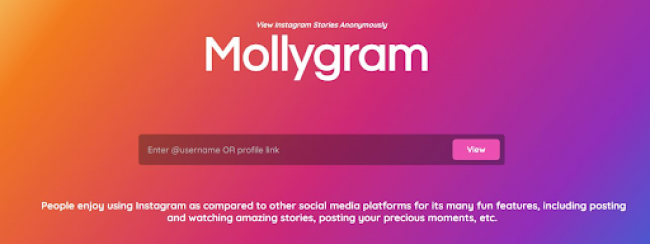Customers.ai is a platform built to help businesses recognize and engage their website visitors using first-party data. The company originally launched as MobileMonkey, focusing on chatbot automation through Facebook Messenger. But as privacy rules tightened and traditional tracking methods like third-party cookies became unreliable, the platform evolved.
From MobileMonkey to Customers.ai: Why the Name Changed
Customers.ai, a tool built to automate customer conversations through Facebook Messenger. It gained traction during a time when chat-based marketing was popular, but as Facebook limited marketing use of Messenger and privacy changes began phasing out third-party cookies, that approach started to lose effectiveness. In response, the company shifted focus from chatbot automation to helping businesses identify and re-engage website visitors using first-party data. The name Customers.ai reflects this broader mission: enabling identity resolution, data ownership, and direct outreach through email and ad platforms without relying on external tracking tools.
What Customers.ai Offers
Here’s a straightforward look at the platform’s key features:
- Website Visitor Identification – Recognizes anonymous users on your site and retrieves available contact data like names, emails, and phone numbers.
- Email Marketing Tools – Includes tracking, segmentation, and optimization features to improve email campaign performance.
- Live Chat & Messenger Support – Offers real-time chat tools and chatbot support for continued use of Messenger, where applicable.
- Customer Data Enrichment – Enhances existing contact profiles with additional business or consumer information.
- Persistent Journey Tracking – Tracks visitor behavior over time without relying on third-party cookies.
- Audience Segmentation – Allows users to group visitors based on activity, demographics, or behavior for targeted follow-ups.
- Platform Integrations – Compatible with Shopify, Salesforce, Klaviyo, Meta Ads, Google Ads, and more.
_1746036289.jpg)
Who Uses Customers.ai
Customers.ai is typically used by:
- E-commerce teams – To recover abandoned carts, build enriched contact lists, and re-engage site visitors.
- Digital marketers who want to replace cookie-based tracking with a more direct approach to audience building.
- Email marketing teams – To track user behavior and boost deliverability.
- Marketing agencies – Who manage campaigns across clients and need white-label visitor data solutions.
- B2C businesses that want better visibility into who’s visiting their site and how to reconnect.
_1746036363.jpg)
Benefits of Using Customers.ai
- Helps identify users who would otherwise remain anonymous.
- Restores lost ad targeting signals caused by pixel or cookie restrictions.
- Improves ad audience quality through enriched contact data.
- Offers more control over user data compared to relying on third-party platforms.
- Streamlines email campaign success by improving sender reputation and audience insights.
- Reduces dependency on traditional digital ads by offering more direct, first-party marketing methods.
Pricing Overview
Customers.ai offers different plans based on business needs:
- Advertisers – From $199/month, includes visitor ID and encrypted audience syncing with Google and Meta Ads.
- Email Marketers – From $199/month, includes behavioral tracking, CRM/email platform integration, and deliverability tools.
- Combined Plan – From $399/month, bundles features for both ads and email outreach.
- Agencies – Custom pricing available, including white-label visitor data, HighLevel CRM integration, and partner training.
_1746036465.jpg)
Each plan includes a 7-day free trial, no credit card required.
Final Thoughts
The shift from MobileMonkey to Customers.ai reflects how marketing tools are adapting to the decline of third-party cookies and growing restrictions around user tracking. Rather than focusing on chat automation, the platform now offers identity resolution and visitor data tools that help businesses adjust to these changes.
Customers.ai may be useful for teams that want to identify website visitors, collect first-party data, and reconnect through email or advertising channels, especially in environments where traditional tracking methods are becoming less effective.
Post Comment
Be the first to post comment!


